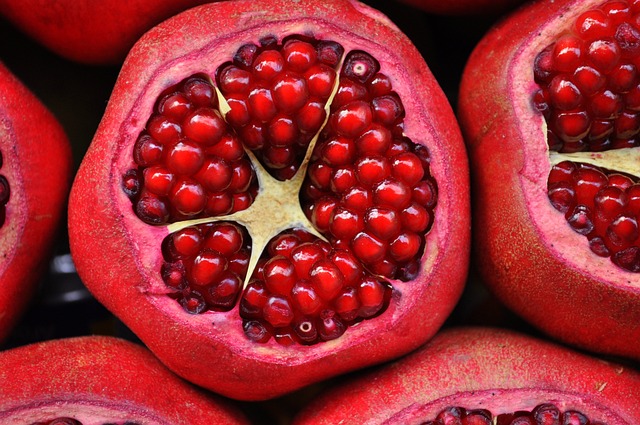The Gut Guardian: Unveiling the Science Behind Probiotics
Introduction
In recent years, there has been a growing interest in probiotics and their potential benefits for our gut health. Probiotics are live microorganisms that, when consumed in adequate amounts, offer a range of health benefits, particularly for our digestive system. In this blog, we will delve into the science behind probiotics, explore their mechanisms of action, and uncover their potential applications in maintaining a healthy gut.
What Are Probiotics?
Probiotics are a type of “good” bacteria that naturally exist in our bodies, especially in our digestive tracts. These beneficial bacteria help to maintain a balanced and healthy gut microbiota, which is crucial for our overall well-being.
Mechanisms of Action
Probiotics exert their effects through various mechanisms:
- Restoring Gut Flora Balance: Probiotics help restore the natural balance of microorganisms in the gut, especially after disturbances such as antibiotic use or illness.
- Enhancing Gut Barrier Function: They strengthen the gut barrier, preventing harmful substances from penetrating the intestinal lining and causing inflammation or other gut-related issues.
- Modulating Immune Response: Probiotics have immunomodulatory effects, regulating the immune system’s response and reducing inflammation in the gut.
- Producing Beneficial Substances: Some probiotics produce short-chain fatty acids and other compounds that nourish the gut lining and promote a healthy environment for other beneficial bacteria to thrive.
Benefits of Probiotics
The consumption of probiotics has been associated with several health benefits:
- Improved Digestive Health: Probiotics can help alleviate digestive issues such as bloating, constipation, and diarrhea by promoting a healthy gut microbiota.
- Boosted Immunity: Certain strains of probiotics have been shown to enhance the body’s immune response, reducing the risk of infections and allergies.
- Management of Inflammatory Bowel Diseases (IBD): Probiotics may help reduce inflammation in the gut and improve symptoms in individuals with IBD, such as Crohn’s disease and ulcerative colitis.
- Prevention of Antibiotic-Associated Diarrhea: Taking probiotics during antibiotic treatment can minimize the disruption of the gut microbiota and reduce the risk of developing antibiotic-associated diarrhea.
- Promotion of Mental Health: Emerging research suggests a link between gut health and mental well-being. Probiotics may play a role in improving mood and reducing symptoms of anxiety and depression.
Sources of Probiotics
Probiotics can be obtained through various sources:
- Yogurt and Fermented Foods: Certain yogurts and fermented foods, such as sauerkraut, kimchi, kefir, and kombucha, contain live probiotic strains.
- Probiotic Supplements: Probiotics are also available in the form of dietary supplements, with specific strains and concentrations.
Before choosing a probiotic supplement, it’s essential to speak with a healthcare professional to determine the most suitable option based on individual needs.
Conclusion
The science behind probiotics is fascinating, and the potential benefits for our gut health are significant. From restoring gut flora balance to supporting immune function and managing digestive disorders, probiotics offer a range of valuable effects.
Remember, maintaining a healthy gut is not just about consuming probiotics alone, but also adopting a balanced diet that includes fiber-rich foods and limiting the intake of processed and sugary foods. Additionally, regular exercise, reducing stress, and adequate sleep contribute to overall gut health.
By prioritizing the well-being of our gut, we can enhance our overall health and promote a sense of vitality and well-being.







